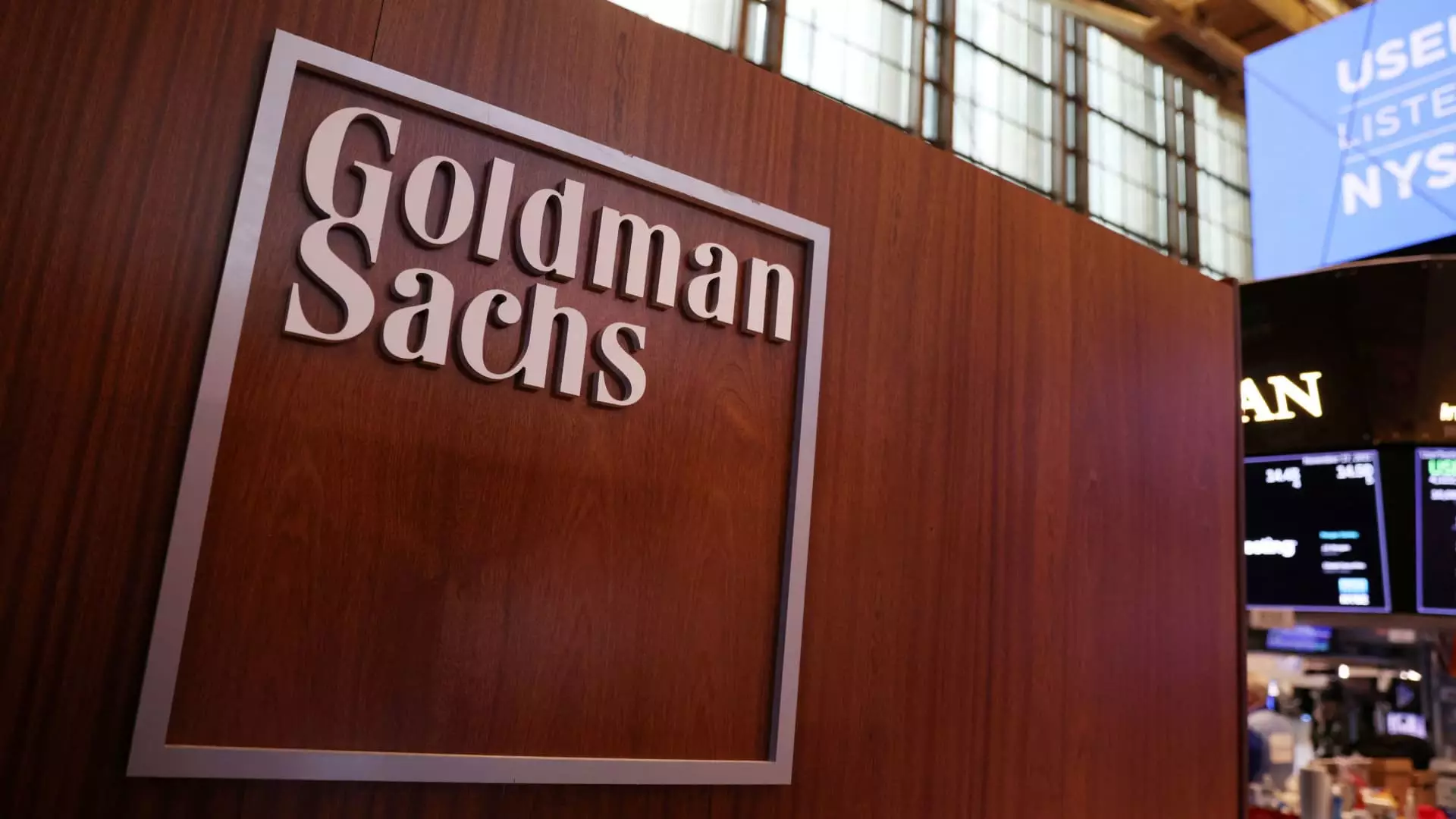The unveiling of Devin, Goldman Sachs’ AI software engineer, symbolizes a pivotal moment in the ongoing debate over technological advancement and its societal repercussions. While the banking giant touts Devin as a revolutionary tool that can augment productivity and streamline complex tasks, this development masks a deeper concern about the erosion of meaningful employment, the diminished role of human oversight, and the widening inequality that increasingly characterizes our economic landscape. The narrative that AI will simply be a helpful hybrid partner in the workplace is overly optimistic and, frankly, dangerously naive.
The idea that advanced AI systems like Devin will merely assist and not replace human workers glosses over the fundamental shift happening behind the scenes. The move to integrate autonomous software engineers in critical financial institutions reflects not just innovation but a profound shift toward depersonalized, algorithm-driven decision making. This transition threatens to strip away the nuanced judgment, ethical considerations, and human empathy rooted in traditional professions. As these intelligent agents take over tasks deemed “drudgery,” the risk is that low- and middle-income workers will face increased job insecurity, with far fewer opportunities for meaningful employment in the future.
Ethical Concerns and the Loss of Human Agency
While proponents argue that AI’s role is to augment human effort, they often ignore the deeper implications for accountability and moral responsibility. When an autonomous AI system makes a mistake or causes a malfunction, who bears the blame? The software company? The bank? Or the human overseer who relied on the AI’s recommendations? This obfuscation of responsibility threatens to weaken the social fabric of accountability, leaving workers and consumers vulnerable to unchecked corporate power.
Moreover, the enthusiasm surrounding Devin and similar systems can lull society into a false sense of progress. It fosters a narrative whereby innovation justifies layoffs and the hollowing out of middle-class jobs in finance and beyond. Such a perspective ignores the societal costs—psychological, economic, and moral—of widespread automation. As AI systems begin to “handle” substantial portions of work traditionally requiring human insight and judgment, a dangerous precedent emerges: the devaluation of human skill and expertise, which are often the bedrock of ethical decision-making and social cohesion.
The Political and Social Ramifications of AI Domination
From a centered liberal perspective, the rise of AI should prompt questions about fairness and social justice. The promise of increased efficiency cannot come at the expense of the most vulnerable. Large financial institutions, by leading the charge into AI-heavy automation, risk reinforcing existing inequalities. Wealthier corporations gain competitive advantages, driving further economic disparity, while workers who once relied on middle-class jobs are pushed to the margins or forced to accept lower wages in insecure roles.
The political landscape must intervene with caution, advocating for policies that protect workers’ rights and promote equitable redistribution of the benefits created by AI. Blindly embracing AI-driven productivity can deepen societal divides if it is not paired with robust safeguards. It is essential to challenge the narrative that automation is inherently beneficial and instead demand transparency about the economic and social costs. Governments, civil society, and corporations have a shared responsibility to ensure that technological advancements serve broader societal interests, rather than a narrow corporate profit motive.
Reimagining a Future Where Humanity Remains Central
The relentless push towards automation risks transforming our society into a landscape dominated by algorithms, where human labor becomes increasingly ancillary. Instead of celebrating AI as an unstoppable force of progress, a more critical stance calls for a reimagining of what work and community should look like. Will we let AI decide the future of employment, or will we harness its capabilities to empower human agency, foster creativity, and uphold justice?
In this context, a center-left liberal approach advocates for policies that regulate AI development to prioritize human dignity and social equity. This involves setting limits on automation’s scope, investing in workforce retraining, and ensuring that AI systems are designed with transparency and accountability at their core. The ultimate goal should be a future where technology enhances human potential without eroding the social fabric that sustains our democratic institutions.
As AI continues to evolve and integrate into concrete sectors like finance, clearly, the conversation must extend beyond technological feasibility. We need a moral framework that questions whether these innovations serve the collective good, or simply expedite corporate greed and social polarization. The choice before us is critical: do we embrace a future where humans are subordinate to machines, or do we advocate for a balanced society where technological progress uplifts human rights, creativity, and justice?

